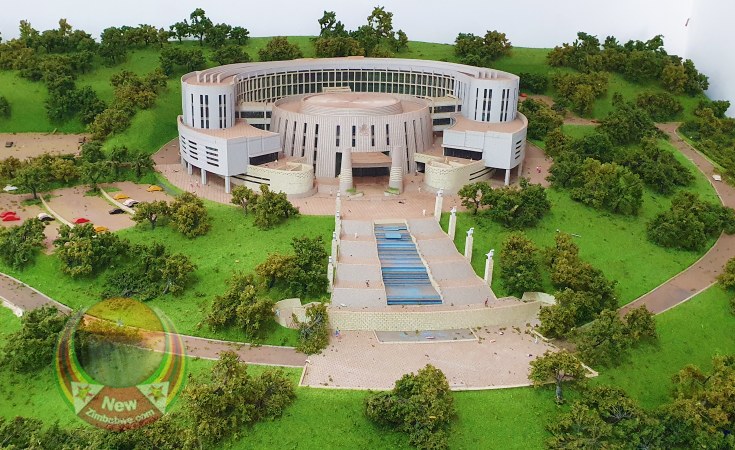Responding to the Senate's passing of the Private Voluntary Organization (PVO) Amendment Bill, which now awaits President Emmerson Mnangagwa's assent to become law, Tigere Chagutah, Amnesty International's Director for East and Southern Africa, said:
The PVO Amendment Bill in its current form threatens civic society organizations working on human rights in ZimbabweTigere Chagutah, Amnesty International's Director for East and Southern Africa
"The PVO Amendment Bill in its current form threatens civic society organizations working on human rights in Zimbabwe. The proposed bill, if it becomes law, will have dire consequences, including restricting civic space and access to humanitarian support services in Zimbabwe as it will immediately render all Non-Governmental Organizations (NGOs), not registered as PVOs, illegal.
"This bill, if passed by the president, could be used to deny registration of human rights organizations due to the work that they do, including defending rights such as freedom of expression, association and peaceful assembly. The bill would also exacerbate the growing crackdown on civil society organizations, increase human rights violations and make it more difficult for the people to hold the government to account. There is a risk that employees and board members of NGOs could be arrested and subjected to punitive measures, including imprisonment, simply for doing their work.
President Mnangagwa must use his leadership position to reject this bill as it is repressiveTigere Chagutah
"President Mnangagwa must use his leadership position to reject this bill as it is repressive. The President must ensure that this bill is never signed into law.
"Any future law must fully reflect international human rights standards and reaffirm the country's human rights obligations towards the promotion and protection of the human rights of everyone including those who work to defend the rights of other people. NGOs must be allowed to operate freely and to do their work without any reprisals."
Background
The Senate met on 1 February 2023 and, despite public concerns, passed the Private Voluntary Organization Amendment Bill (H.B. 10A, 2021).
On 5 November 2021, the Zimbabwe government gazetted a Private Voluntary Organization Amendment Bill ostensibly to "counter terrorism and prohibit political lobbying from, non-government organizations".
An amended bill was then presented in June 2022 which significantly toughened the initial legislation, disregarding civil society's concerns, and imposed stricter and more repressive clauses, and is the basis of the legislation now passed by the Senate.
The PVO Bill places all civic organizations registered under different laws under one law in an attempt to control civil society organizations perceived to be 'anti-government.'
The PVO Amendment Bill is not the first attempt by the Zimbabwean authorities to regulate NGOs. The first one was made in 2004 through the 'Non-Governmental Organization Bill'. It was passed by Parliament but never signed into law by then President, Robert Mugabe.


